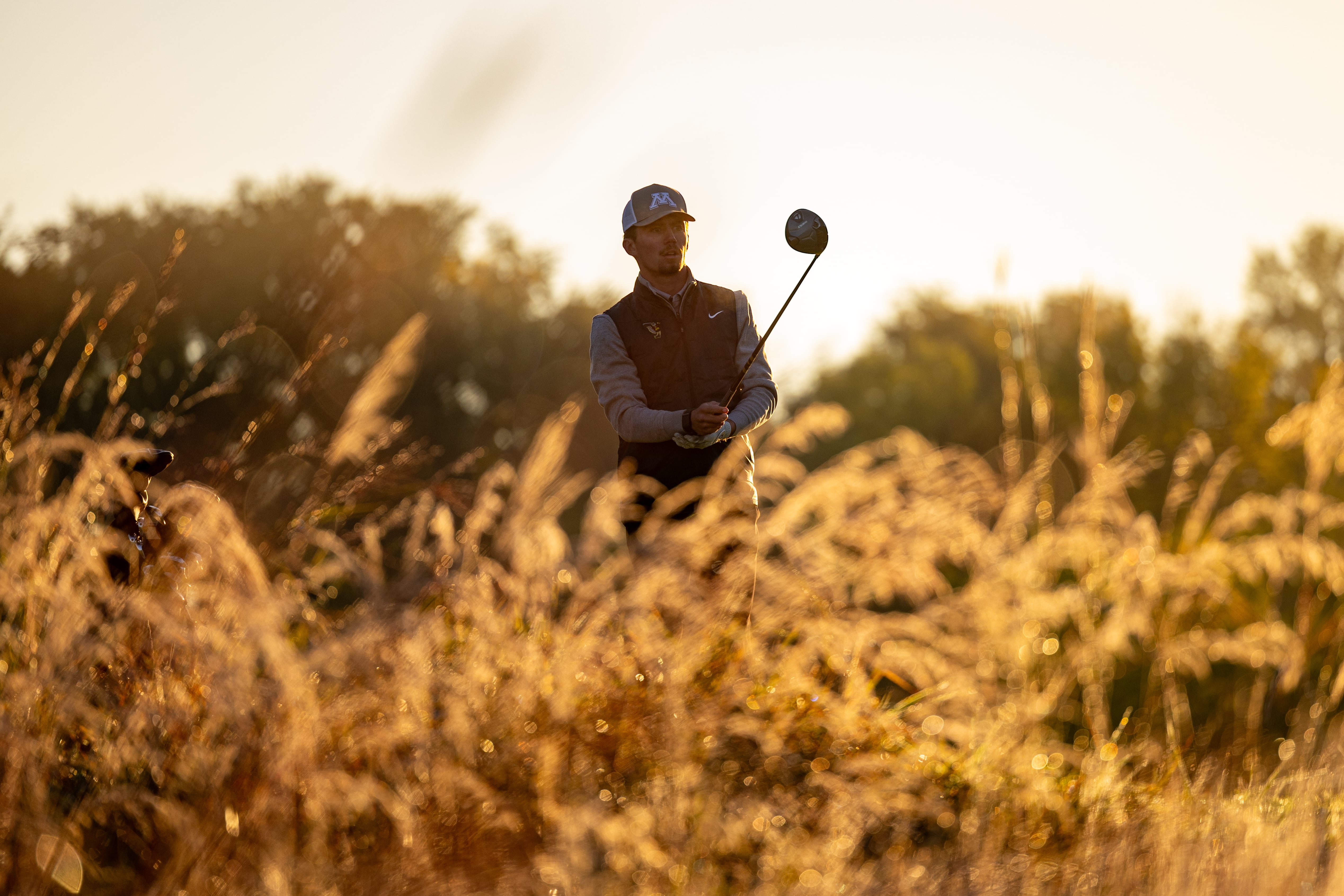Opinion

Leading British golf coach Alex Clapp discusses the importance of intention within practice, focussing on a player’s strengths and how he uses Clippd’s What To Work on with the golfers he teaches.
Alex Clapp has a thriving online and in-person teaching business that ranges from more than 30 tournament professionals to high handicap club players. He describes himself as “very data driven”, chiefly because data is objective as opposed to the opinions or emotions every golfer has around their own game and what they think they need to improve.
He uses Clippd because it gives him the depth of data insight necessary to make the right choices. “Clippd’s ability to identify What To Work On and the Importance to Scoring for each player far outweighs anything else I've seen on the market,” he says.
Do you find that golfers left to their own devices will invariably practise the wrong things?
Alex Clapp: All the time. That's a given. If you leave a player – and this is players of all ability levels – they'll go to the range and just hit balls. There's no intention behind it and intention is probably one of the most important things when practising. I need to know what they're trying to do because there's a lot of key variables that we can change to match up what they're trying to do before they even try to do it.
"I want to know what helps you get the ball in the hole quicker because that's the aim of the game"
One of the coaches working with Clippd described three categories of golfers that take lessons. The first is those people who think they should take lessons. The second is those people who like the idea of having a coach. The third is those people who are really serious about getting better. Would you agree with that?
Alex Clapp: I certainly agree with that. I think everyone that comes for a lesson wants to get better. For me, every player’s game should be built around their strengths. Yes, you should look to improve weaknesses. The metrics you get on Clippd, particularly Importance to Scoring, really help with this. You have to make sure that strengths are maintained alongside trying to improve the weaknesses. I've had experiences where we’ve focused too heavily on one side that we really want to improve, and we've not really put any focus and attention on what makes that person the player they are. So, it’s having that understanding and awareness that these are my strengths and I need to make sure I keep those in tact, and these are my three or four weaknesses and we'll keep chipping away at them. They're the low hanging fruit, really. I think what coaches or players do too much is focus on the weakness and neglect the strengths.
Clippd’s What To Work priority list has three filters: Importance to Scoring, which are the skills that have the biggest impact on a player’s scoring; Opportunity, which is where the player is in relation to where they've been in the past; and Shot Quality trend. What do you tend to look at first?
Alex Clapp: Importance to Scoring and then Opportunity. I want to know what helps you get the ball in the hole quicker because that's the aim of the game. To do that, I need to know what is the most important thing when you play well and in what order.
We’ll soon be introducing a new series of comparisons to Clippd, beyond PGA Tour level. How realistic do you think most golfers’ expectations or understanding are of the level that the top pros really play at?
Alex Clapp: It's so bad. When you go through some of the PGA Tour statistics with players and they actually realise that hitting it to 20 feet from 100 yards is actually a pretty good shot compared with tour average, they can't wrap their head around it. This is because all they see on TV is the highlights of the best shots. They don't show 90 per cent of the field hitting it to the middle of the green, to 25, 30, 35 feet. I have people say to me that I’m not holing enough 20 footers, but the make percentage is around 8 per cent. They’re putting themselves in a bracket that far outweighs their ability.
Finally, do you find that Clippd is helping your players to improve?
Alex Clapp: Yeah, absolutely. A lot of them like to see the positive impact on their scoring of certain pieces of their game that they've been working on, or how their ability in certain aspects of their game is going up. They like to see the positive outcome they've managed to generate from a weak area of their game. The heat maps are really good for that because people love to see that green for progress.
For more, see www.alexclappgolf.com or follow Alex on Instagram at @alexclappgolf.

.png)







.jpg)
.svg)